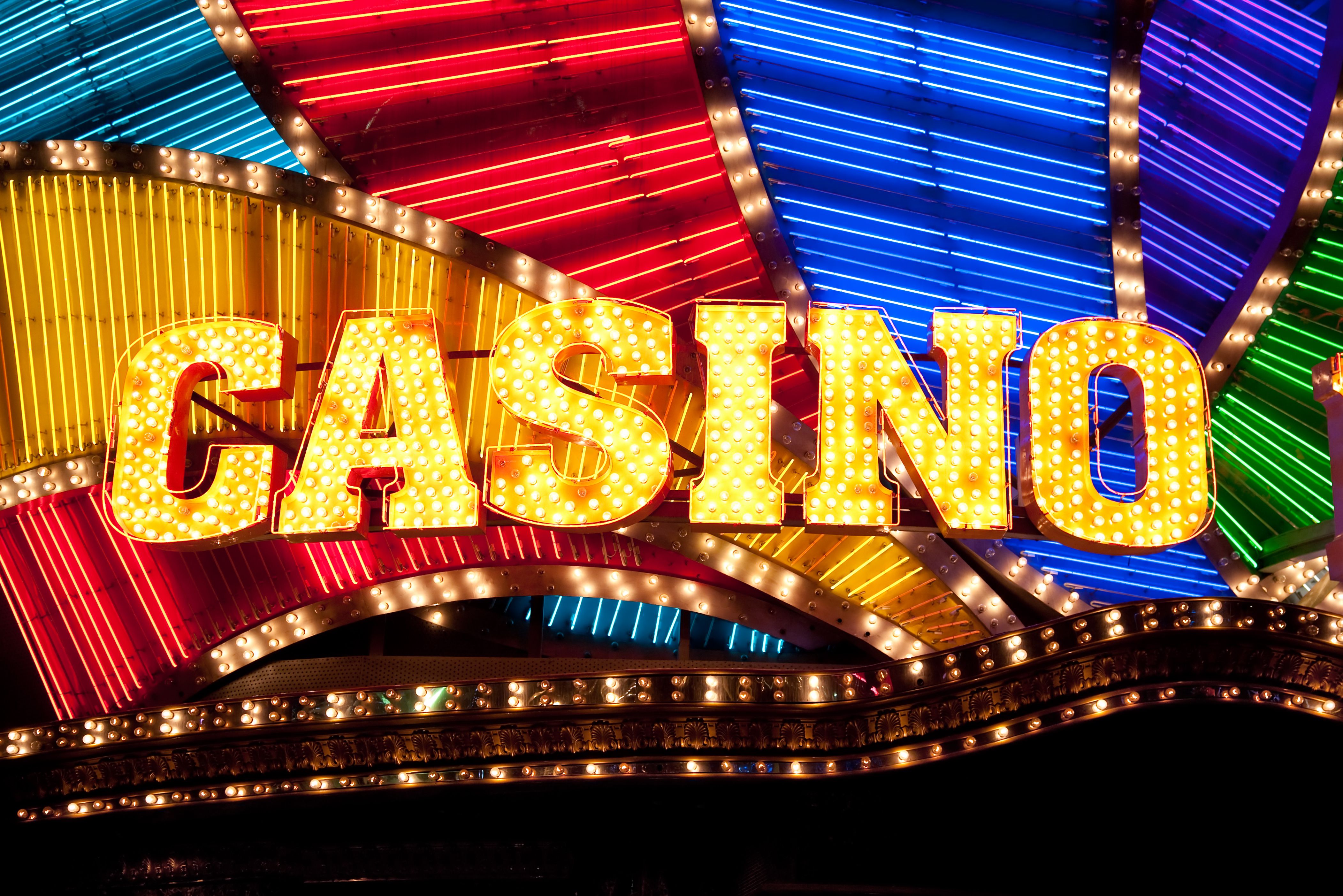
Gambling games have enthralled players for centuries, pulling them into a world of adventure, chance, and fortune. From the blinking lights of gambling machines to the intense action of poker games, these games offer a distinct blend of entertainment and risk. However, underneath the surface of this glamour and style lies a sophisticated relationship of calculations that shapes every conclusion and choice made within the gambling establishment.
Comprehending this relationship between casino games and math not just improves the player’s journey but may also help participants make wise selections. Whether you are a occasional gambler or a avid enthusiast, recognizing the numerical strategies at play can provide valuable insights into probability, odds, and strategies, finally influencing how one approaches these games of luck.
Mathematical Probability in Gambling
In the sphere of casino activities, mathematical probability plays a crucial role in determining outcomes and informing player decisions. Every activity has a distinct set of rules and a specific probability model that shapes its dynamics. For example, in activities like roulette, players must grasp the probabilities of choosing a specific digit or color. The probability of certain events occurring can be calculated, and this understanding can greatly affect betting strategies. bakar69 slot
Gambers also need to be informed of the casino edge, which is the statistical advantage that casinos hold over gamblers in the long term. This advantage differs across different games. In 21, expert players can use strategies to lower the casino advantage to as low as 1 percent, while in activities like slot machines, the house edge can be significantly greater. Comprehending the house edge allows gamblers to make wise choices about which games to participate in and the amount to bet.
Additionally, probability is fundamental in the concept of risk versus gain in betting. Every wager carries a specific danger factor, and gamblers must evaluate the possible return against that danger. Activities like the poker game require gamblers to not only assess the odds of their own hand winning but also to evaluate the likelihoods of their opponents’ showings. By utilizing statistical concepts to their gameplay, players can improve their odds of winning and participate more strategically in the exciting realm of gambling games.
Expected Value in Gambling Games
When talking about casino activities, one of the basic ideas rooted in mathematics is the expected value. This statistical metric helps players grasp the potential outcomes of their wagers over a period. In basic terms, expected value (EV) calculates the average amount a gambler can expect to win or suffer per bet if they were to play the activity repeatedly. Each activity has its unique EV, influenced by the odds and the house edge, which indicates the benefit that the gambling establishment holds.
For example, think of a activity like the roulette game. The anticipated value can be derived based on the specific bet placed. If a gambler bets on a individual number, the return is 35 to 1, but the actual chances of winning that wager are 1 in 37 (in Euro roulette). This leads in a negative expected worth, showing that, on average, players will incur a loss money over time when playing this kind of wager. Grasping this concept allows gamblers to make better informed choices about which activities and bets may be more favorable.
Additionally, the investigation of anticipated worth can lead to better money management. Gamblers who understand the mathematics behind their activities are often able to set realistic expectations. By recognizing their potential losses and profits, they can adjust their playing strategies appropriately, which may improve their overall gambling experience overall. As a result, anticipated value serves as a crucial resource for both novice and seasoned gamblers to navigate the often volatile character of gambling games.
Tactics and Chances: The Arithmetic Behind Success
In gambling games, grasping the probabilities is essential for participants attempting to boost their likelihood of success. Each contest has its own distinct set of chances that establish winning results, and these numbers are often found in the gaming rules or reward charts. For example, in activities like blackjack, participants can boost their probabilities through methods such as tracking cards, which depends on mathematical principles to gain an advantage over the house. By acquainting themselves with the probabilities, players can make more educated decisions on when to place bets and when to give up.
Moreover, the idea of average value holds a significant part in gambling strategies. Average outcome determines the mean outcome of a wager over the long run, allowing players to assess whether a particular wager is worth taking. For instance, slot machines have a fixed payout percentage, which can suggest the average return a participant can expect on their bets. By selecting games with greater expected values, players can reduce the house advantage, maximizing their future winnings in the long run.
Lastly, successful gamblers often adopt a combination of chance and mathematical strategy to improve their gaming experience. While luck is unpredictable, managing a staking plan based on mathematical insights can lead to more favorable outcomes. By utilizing techniques such as bankroll management and game selection, players can leverage mathematics to maneuver through the random nature of gaming, making the most of their time and money at the casino.